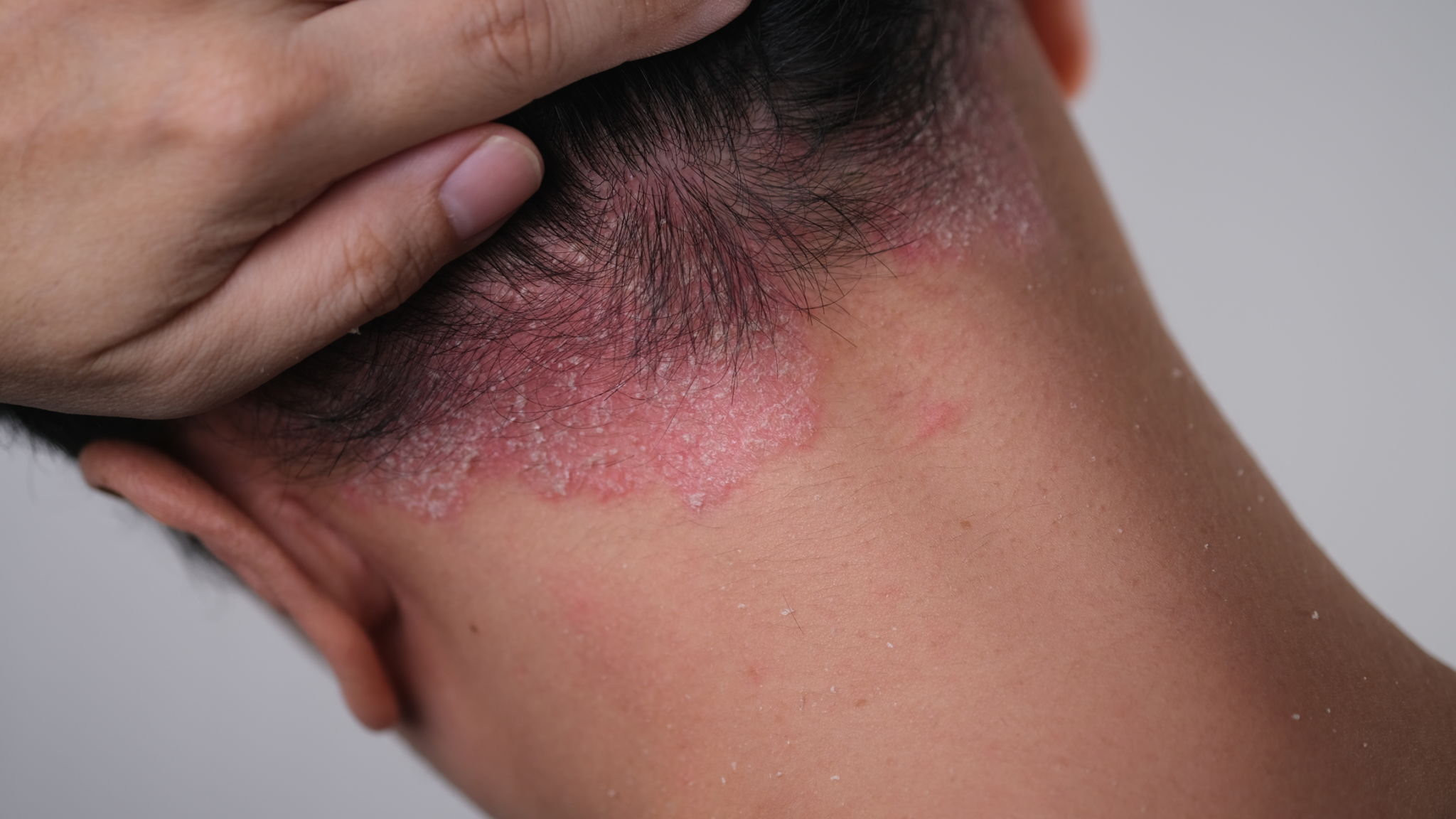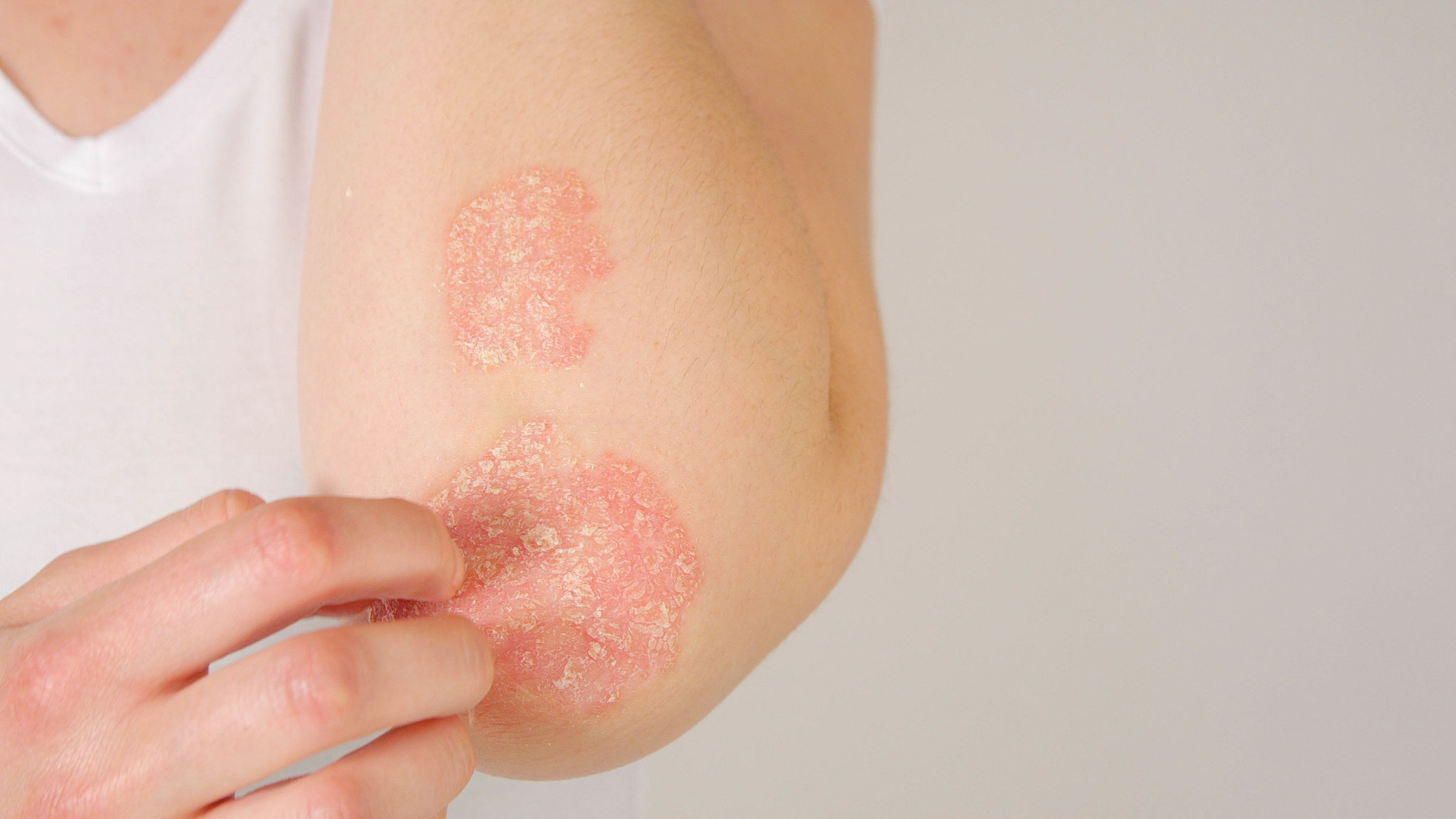Understanding Scalp Psoriasis: Causes, Symptoms, and Relief Options
Understanding Scalp Psoriasis
Scalp psoriasis is a common skin disorder that affects many individuals worldwide. It is characterized by red, itchy, and scaly patches on the scalp, which can sometimes extend to the forehead, back of the neck, and behind the ears. This chronic condition can cause discomfort and embarrassment for those who suffer from it. Understanding the causes, symptoms, and relief options is essential for managing this condition effectively.

Causes of Scalp Psoriasis
The exact cause of scalp psoriasis is not entirely understood, but it is believed to be related to an overactive immune system. This overactivity leads to an accelerated growth cycle of skin cells, resulting in the buildup of scales and patches. Several factors may trigger or exacerbate scalp psoriasis, including:
- Genetics: A family history of psoriasis increases the likelihood of developing the condition.
- Stress: Emotional stress can trigger flare-ups or worsen existing symptoms.
- Infections: Throat infections and skin injuries can act as triggers for some individuals.
- Weather: Cold, dry weather can worsen symptoms, while sunlight may improve them.
Symptoms of Scalp Psoriasis
The symptoms of scalp psoriasis can vary in severity and may include:
- Dry and flaky skin: The affected area often appears dry and covered with silvery scales.
- Red patches: These patches can be itchy and may cause a burning sensation.
- Bleeding or cracking: In more severe cases, the skin may crack, leading to bleeding.
- Hair loss: Persistent scratching or inflammation can lead to temporary hair loss.

Relief Options for Scalp Psoriasis
While there is no cure for scalp psoriasis, various treatment options can help manage symptoms and improve quality of life. Here are some commonly recommended approaches:
- Topical treatments: Medicated shampoos, creams, and ointments containing salicylic acid or coal tar are often used to reduce scaling and inflammation.
- Phototherapy: Controlled exposure to ultraviolet light can help slow down the rapid growth of skin cells.
- Systemic medications: In severe cases, oral or injectable medications may be prescribed to target the immune system.
- Lifestyle changes: Managing stress, maintaining a healthy diet, and avoiding known triggers can significantly reduce flare-ups.

Consulting a Healthcare Professional
If you suspect you have scalp psoriasis or if your symptoms are worsening, it is crucial to seek advice from a dermatologist or healthcare provider. They can provide a proper diagnosis and recommend an appropriate treatment plan tailored to your needs. Early intervention can prevent complications and improve overall outcomes.
Understanding scalp psoriasis and its triggers is an important step towards effective management. By exploring various relief options and making informed lifestyle changes, individuals with scalp psoriasis can lead a more comfortable and confident life.
